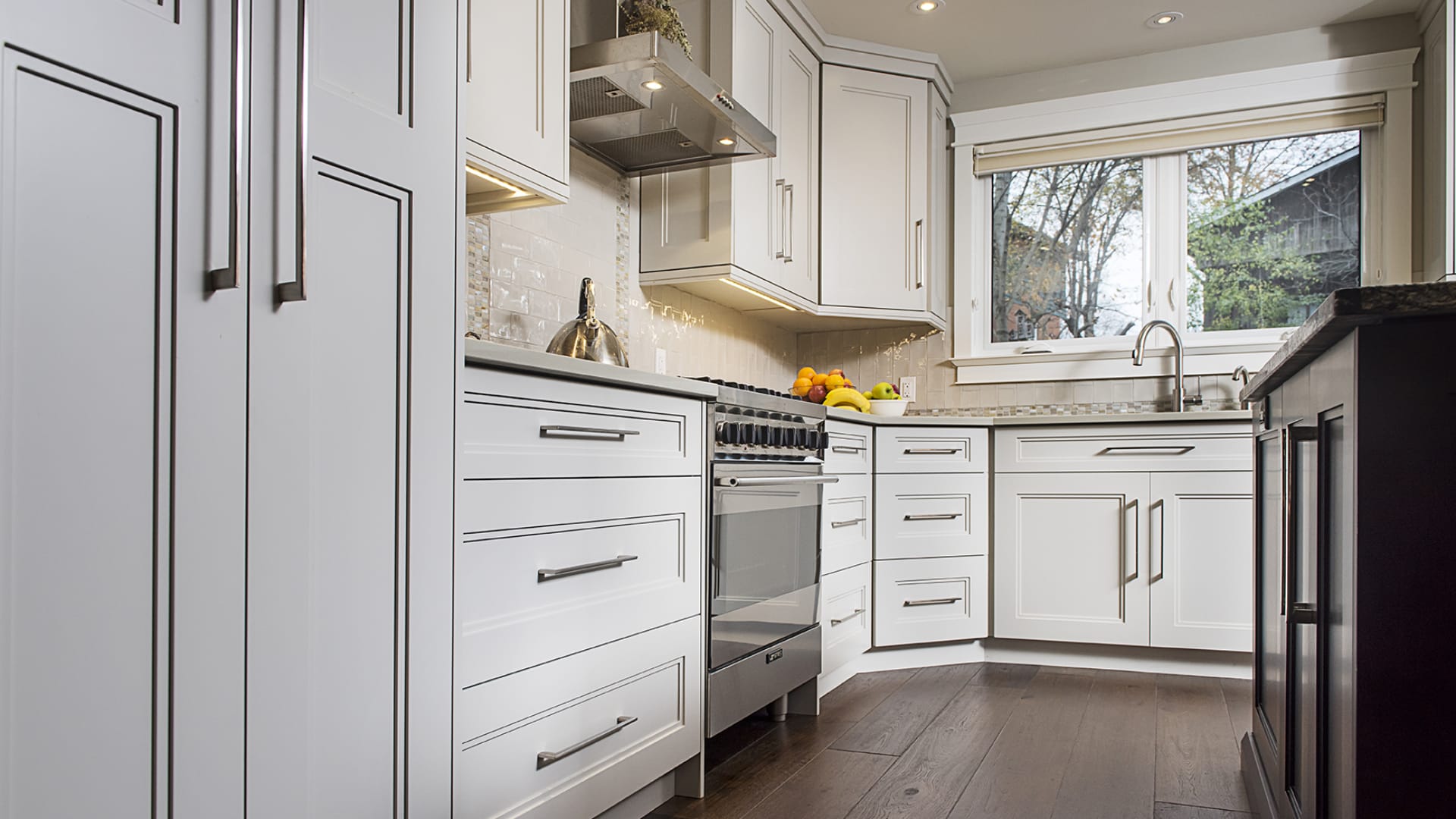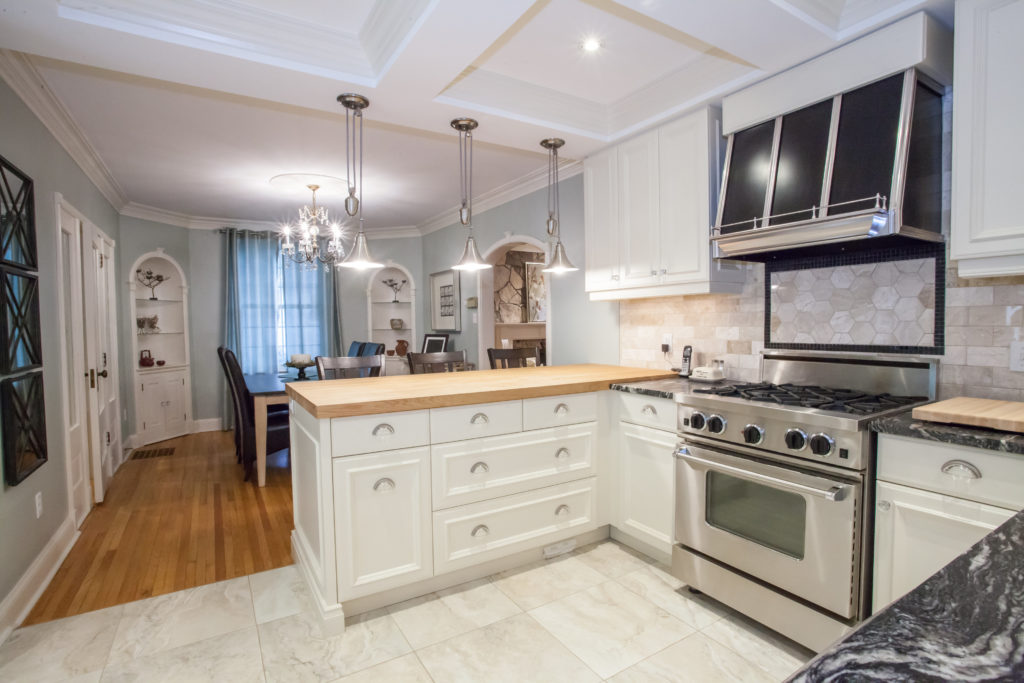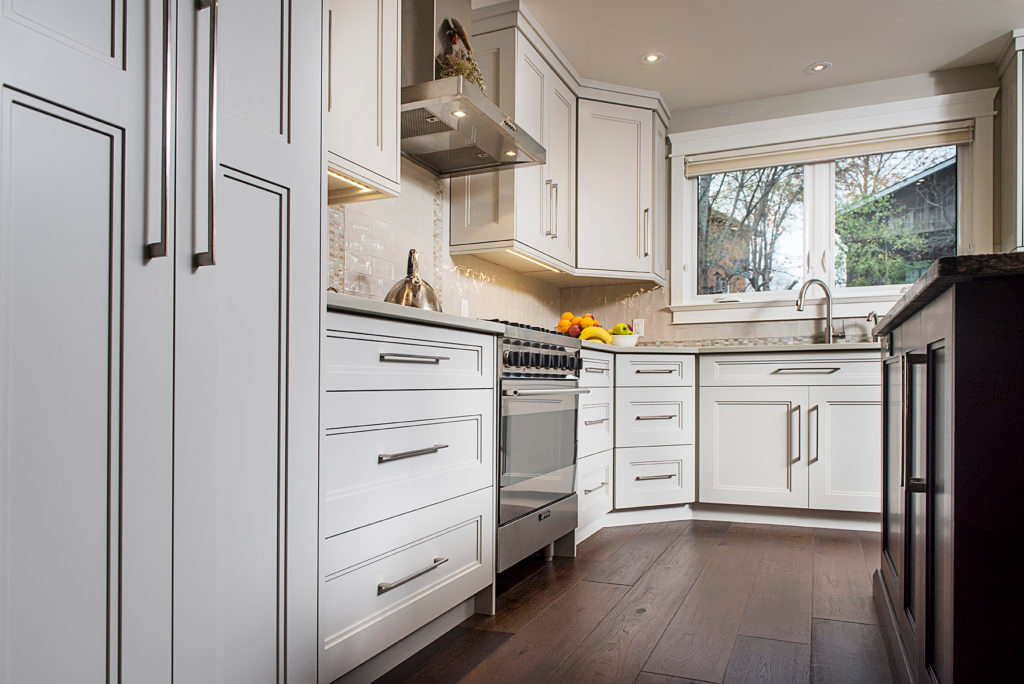Blog
Welcome to the CHBA Blog

Embark on your journey to home ownership in Canada with invaluable insights into renovation tips, finding professional contractors, and understanding the stages of home building. The CHBA Blog is perfect for first-time buyers and seasoned homeowners alike, offering practical advice for every step of the process. Learn how to plan for a new home, navigate the construction process, and execute smart renovations, whether you choose to DIY or hire a professional.
Follow us on:

Five kitchen flooring ideas you’ll love for your home renovation
Kitchens are high-traffic rooms that need exceptional flooring. Besides having to look good, kitchen flooring needs to withstand spills, food, sliding chairs, dropped dishes and the occasional mopping. Here are the pros and cons of the five top kitchen flooring choices.
Ceramics, porcelain and stone tiles: Ceramics are a favourite for kitchens because they’re tough, easy to clean, long-wearing, and able to let you enjoy the warmth of in-floor heating. Natural stone tiles are tough and beautiful too, but not all stone resists staining as well as ceramics and porcelain. Whichever of these materials you choose, install an uncoupling membrane underneath any kind of rigid tiles to prevent cracking.
 Cork: This is a dream to walk on because cork offers cushioning action. Commonly available as click together tiles, most cork flooring comes factory finished and ready to install. Think laminate, except softer.
Cork: This is a dream to walk on because cork offers cushioning action. Commonly available as click together tiles, most cork flooring comes factory finished and ready to install. Think laminate, except softer.
Hardwood: A lighter duty choice than others, hardwood will do fine if you install protective felt disks on chair and table legs. Want a dark floor? You could stain lighter woods to suit, but scratches and wear eventually show through. Instead, make your kitchen floor DIY-repairable using darker woods such as cherry or alder. Apply polymerized tung oil and the floor finish can be repaired without sanding.

Resilient flooring: This is a catch-all term that refers to any of the one piece roll floorings that are cut to fit from wall to wall. Some of the best resilients lay flat on their own with no need to glue them down. Vinyl, linoleum and fibre resilient floors all provide very good water resistance.
Laminates: Not all laminates are tough enough for kitchens, so consider products with an abrasion class rating of three or higher. Lighter colours hide dirt and footprints much better than darker laminates.
When you hire a contractor to install your new kitchen floor, make sure your sales contract specifies the exact product you choose and outlines the warranty provided. Check out the Canadian Home Builder’s Association’s website for free advice on hiring a pro the smart way, www.getitinwriting.ca.






